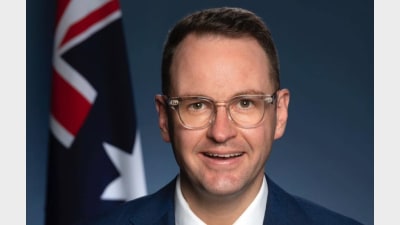Australian super regime in good shape


The impact of the Global Financial Crisis has seen pension funds implementing investment strategies that take greater account of extreme economic and market volatility, according to new analysis released by Towers Watson as a result of its latest Global Pension Assets Study.
That study, released today, also served to confirm the underlying strength of Australia’s superannuation regime, revealing that the nation’s superannuation assets have experienced the highest growth rate of the world’s 13 largest pension markets over the past 10 years.
It found that Australia’s superannuation assets had grown at 14 per cent a year between 2003 and 2013 and that Australia remained the world’s fourth largest pension market valued at US$1.6 trillion.
It said that when compared to the world’s seven largest pension markets, Australia also had the highest proportion in defined contribution assets (84 per cent) relative to defined benefit assets (16 per cent), the second highest allocation to equities and alternatives at 54 per cent and 25 per cent respectively, and the lowest allocation to bonds at 13 per cent.
Commenting on the results, Towers Watson senior investment consultant Martin Goss said the latest data had served to illustrate the size and long-term growth of the Australian super system, which resulted from high levels of contributions (inflows) relative to pensions and other benefit payments (outflows) and relatively high growth-orientated investment strategies that have weathered the storm of the GFC.
“While our superannuation assets have not yet reached the size relative to GDP that exists in the Netherlands (170 per cent of GDP), they remain greater than our annual GDP and are catching up to the levels achieved in the UK, Switzerland and the US (131 [per cent, 122 per cent, and 113 per cent of GDP, respectively),” he said.
Goss said that during 2013 equities enjoyed their best calendar year of risk-adjusted return since the financial crisis and as a result pension funds in most markets were in the best shape they had been for many years.
He said the global economic recovery continued to gain momentum throughout 2013, thanks to the absence of major negative events and a stream of positive economic news and after such a long period of financial retrenchment and uncertainty - something which was genuinely encouraging.
“Generally, pension funds are now implementing investment strategies that are more flexible and adaptable and which contain a broader view of risk so as to make greater allowance for the sort of extreme economic and market volatility they have experienced during the past five years,” Goss said. “This is just as well because the global economic recovery - and the implied normalisation of market conditions - is by no means guaranteed.”
Recommended for you
The fund has expanded its corporate superannuation solutions to partner with Australian businesses of all sizes.
In a recent statement, shadow assistant minister for home ownership and Liberal senator for NSW, Andrew Bragg, accused ‘big super’ of fabricating data attributed to the Reserve Bank of Australia to push their agenda.
A “concerning” number of Aussies don’t know what they pay in super fees, a young super fund has said.
The corporate regulator has shared some ‘disappointing’ findings upon reviewing the public communications of more than 20 trustees with regards to death benefits.












Add new comment